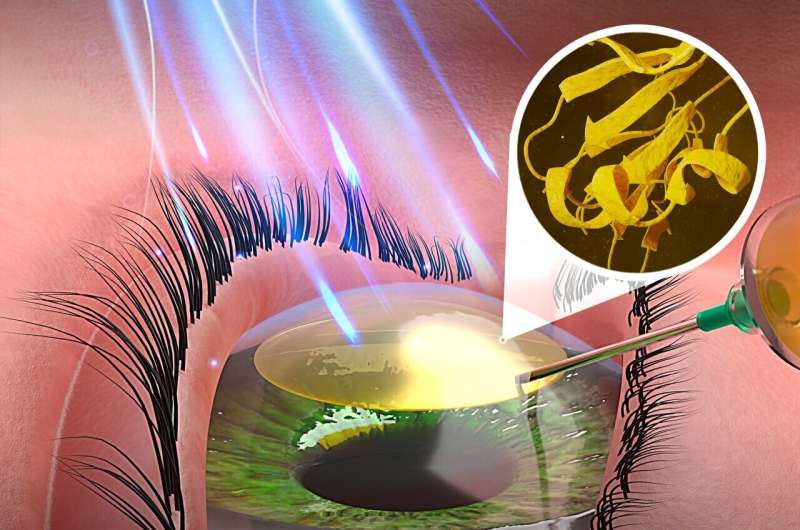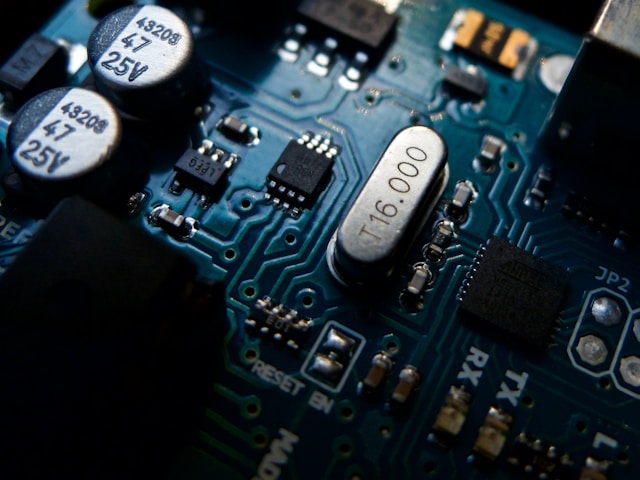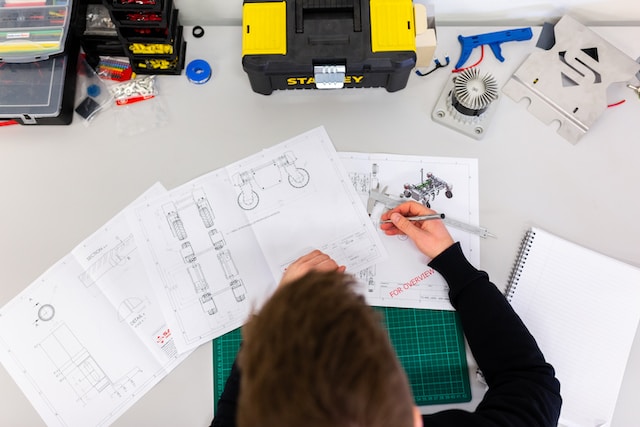Bacterial infections or diseases like keratoconus can cause corneal thinning, leading to blindness if untreated. However, an experimental injectable material shows promise in thickening compromised corneas when triggered by blue light, potentially preventing blindness.
Transforming Corneal Treatment: A Potential Game-Changer
The current best treatment for a thinning cornea involves replacing it with a healthy cornea from a deceased donor. However, there is a global shortage of donor corneas, limiting the number of people who can receive this treatment. Moreover, cornea transplant surgery is invasive and may lead to post-surgical complications.
Considering these limitations, Dr. Emilio Alarcon’s team at the University of Ottawa developed the cornea-thickening biomaterial. Guided by biomimetic design, the multidisciplinary researchers have achieved remarkable results with their innovative approach. Their light-activated material can effectively reshape and thicken damaged corneal tissue, facilitating healing and recovery.
“Our material was engineered to harvest the blue light energy to trigger the on-the-spot assembling of the material into a cornea-like structure,” said Alarcon. “Our cumulative data indicates that the materials are non-toxic and remain for several weeks in an animal model. We anticipate our material will remain stable and be non-toxic in human corneas.”
This technology has the potential to revolutionize corneal repair, benefiting millions worldwide who suffer from corneal diseases
“Our technology is a leap in the field of corneal repair. We are confident this could become a practical solution to treat patients living with diseases that negatively impact corneal shape and geometry, including keratoconus,” says Alarcon
The technology was tested on live rats and extracted pig cornea, showing no side effects. Further testing on larger animals is planned, but human trials won’t begin until these tests are completed.







